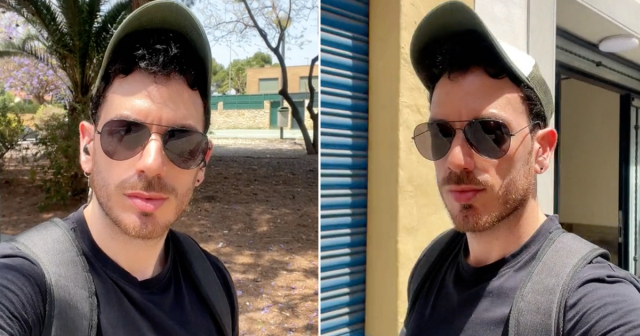Many Cubans are interested in emigrating to Spain and are looking for information on some tempting projects to settle in rural areas of the Iberian country.
The phenomenon of depopulation in rural areas of Spain is significant. Some regions have basic infrastructure but are devoid of a sufficient population to keep them active.
In 2016, the Rooting Project was created with the objective of repopulating and revitalizing the 'Empty Spain', in other words, those small rural towns that have seen their population decrease due to migration to large cities.
This social initiative not only aims to improve conditions in these areas, but also to provide job and housing opportunities for those who wish to change their lives, something that fits very well with the goals of many Cuban families, amidst the current economic, political, and social crisis on the island.
Enrique Collada, executive director of Proyecto Arraigo, highlighted in statements to HuffPost that the abandonment of these towns is a problem that must be urgently addressed.
"Our goal is to reconnect urban families with rural opportunities, facilitating their adaptation and settlement in new communities," he said.
The process of settling in these locations is not easy. The project offers advice to both families and entrepreneurs interested in moving, as well as to local councils so they can welcome and support new residents.
According to Collada, "it's not just about offering a house in exchange for work, but about ensuring that the people who move have a real commitment to the community and are not simply fleeing from problems."
Cubans in Spain: Testimonies of Reality
The experience of Cubans who have emigrated to Spain varies significantly. Robert Alba, a Cuban resident in Alicante, has shared on his social networks the difficulties involved in emigrating.
In a TikTok video, Alba dismantles the perception that emigrating is the "easiest path". "Living in another country means constantly struggling, facing high emotional and economic costs," she states.
Anais Fleites, a native of Havana and now residing in Galicia, also reflects the difficulties that immigrants face. Despite her son having a stable job, she has not been able to secure a permanent contract, and finding a suitable rental has been a real challenge for the family.
"I am registered with all the real estate agencies and I keep looking for a rental desperately," she comments.
Some Cuban families have been luckier and have found in the Arraigo Project an opportunity to make a positive change in their quality of life, with guaranteed housing, schools, and jobs since their arrival in Spain.
Osleidys, along with six members of her family, moved to Beteta, Cuenca, from Havana thanks to this program. "We found out about the project through a friend and decided to contact them. It was a long process, but we finally settled here," she recounts.
The integration of Cubans in rural communities
The "Arraigo Project" not only facilitates the move, but also the integration into the new communities. The participants' testimonies are positive.
"Since we arrived, we have received constant support from the City Council and the neighbors," says Osleidys. The family has adapted well, finding jobs and participating in community life.
Despite this, Collada warns about the dangers of certain policies. The idea of offering a free house in exchange for a job, although tempting, can attract people without a genuine interest in the community's well-being.
"We are looking for committed individuals who want to settle down and contribute to rural life, not just those seeking a temporary solution to their problems," he explains.
Emigrating from Cuba to Spain and settling in a rural town is not an easy process. It involves facing cultural, economic, and emotional barriers.
However, with initiatives like the "Rooting Project," families find support and an opportunity to build a new life in Spain.
Collada remembers that "helping to develop the rural world is helping society as a whole." Although the path may not be easy, for many, it represents an invaluable opportunity to start over.
What do you think?
COMMENTFiled under:
